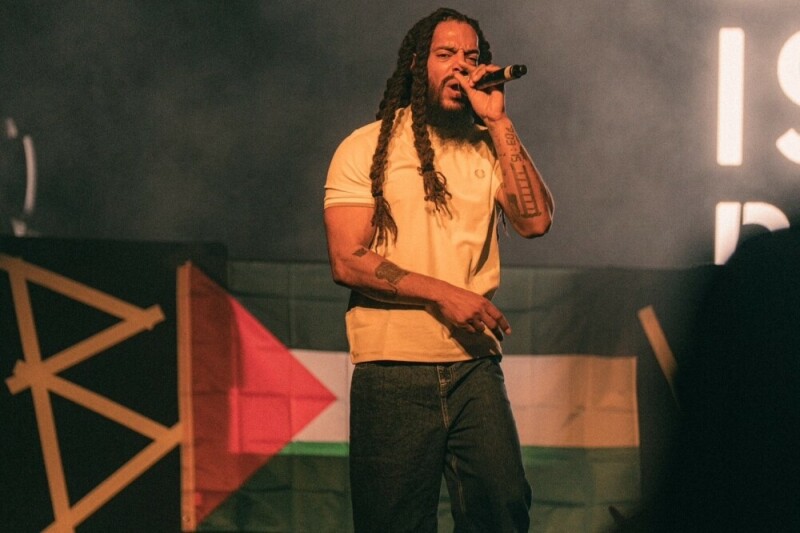10 timeless Robin Ghosh tracks that will take his fans down memory lane
Pakistan's film industry was dealt a huge blow with the loss of veteran music director Robin Ghosh who passed away on 13 February 2016.
The veteran music director last composed the songs of Jo Darr Gaya Who Marr Gaya nearly 20 years ago, but just like the songs he composed 50 years ago, all his melodies remain popular even today.
Here's a lookback at some of his most memorable numbers:
Kabhi To Tum Ko Yaad Aayengi – Ahmed Rushdi (Chakori, 1967)
Chakori was the film that launched the career of Nadeem, the future superstar of Pakistani cinema. This track, along with its tandem Kahan Ho Tumko Dhoond Rahi Hain, were two of the many hit songs from the film.
Humain Kho Kar Bohat Pachtao Gay – Runa Laila (Ehsaas, 1972)
There are a few Pakistani film songs in which lyrics overshadow the composition. Suroor Barabankvi penned his heart out for Robin Ghosh in this film where the magical combo of Runa Laila and Shabnam proved to be lethal.
Saawan Aaye – Ikhlaq Ahmed, Runa Laila (Chahat, 1974)
Actor/director Rehman was different from his contemporaries because he believed in Robin Ghosh and that’s why in Chahat, Rehman-Robin were able to produce tunes that are popular to this day.
Pyar Bhare Do Sharmilay Nain – Mehdi Hassan (Chahat, 1974)
Robin Ghosh proved his mettle as a versatile music composer when he came up with this number; Mehdi Hassan was a master when it came to slow-tempo songs and this track proves it.
Dekho Yeh Kaun Aagaya – Ikhlaq Ahmed (Do Saathi, 1975)
Ikhlaq Ahmed was brilliant in this ballad where the lover is waiting for his beloved and everything turns lovely when she finally arrives. It was clearly composed from the heart with a quality chorus in the background unlike those popular with Robin’s contemporaries
Mujhe Dil Se Na Bhulana – Multiple singers (Aaina, 1977)
The three versions of 'Mujhe Dil Se Na Bhulana' had different singers, lyricists and compositions – one was a love duet, other was a nostalgic number and the last one was used at the film's climax.
At the Nigar Awards, pop star Alamgir and Ghazal King Mehdi Hassan won the Special Award and Best Playback Singer title respectively for their versions. Mehnaz Begum provided the female vocals in these numbers.
The climax one was sung beautifully by Nayyara Noor (filmed on the kid, in a childish voice) and when you listen to all three, you find them all fresh and captivating.
Kabhi Main Sochta Hun – Mehdi Hassan (Aaina, 1977)
The first few lines of the song may have been inspired from a song in Amitabh’s Majboor but the rest of the number has been inspiring generations since. How to present Mehdi Hassan as a singer who can win a heart was only understood by Robin Ghosh and he harnessed the ghazal king's vocal strengths perfectly.
Milay Do Saathi – A. Nayyar (Amber, 1978)
A. Nayyar sang countless songs for Robin Ghosh but this number remains one of his very best Nayyar to Robin Ghosh in the '70s and the '80s was what Ahmed Rushdi was in the '60s. Both could use their vocals to sing fast- and slow-tempo tracks but Nayyar was used for pacey ones by Robin Ghosh.
Sona Na Chandi Na Koi Mahal – Ikhlaq Ahmed (Bandish, 1980)
Robin Ghosh kicked off the '80s with perhaps his most successful film – Bandish. All its songs were outstanding and at par with what Bollywood was producing; it was as if he knew what kind of score director Nazrul Islam (his long-time collaborator) had in mind and he delivered that on a silver platter.
Samaa Woh Khwab Sa Samaa – Ikhlaq Ahmed (Nahin Abhi Nahi, 1980)
Inspired from Summer of 42, this film about youngsters introduced Faisal Rehman and Ayaz Naik to the cinema. Nearly all the film's songs were super-hits including this number, which was written by Suroor Barabankvi about the fall of Dhaka.
Tu Hai Dil Ki Dhadkan – Ghulam Abbas (Jo Darr Gaya Woh Mar Gaya, 1995)
Jo Darr Gaya Wo Marr Gaya was sort of a comeback for Robin Ghosh who had shifted to Bangladesh in the '80s. This song reunited him with Ghulam Abbas and Nadeem and the trio created magic; the tandem version was used at the climax and was sung by debutant Shabnam Majeed (on the kid in a childish voice) and brought down the curtains on the musician’s iconic career.














Comments